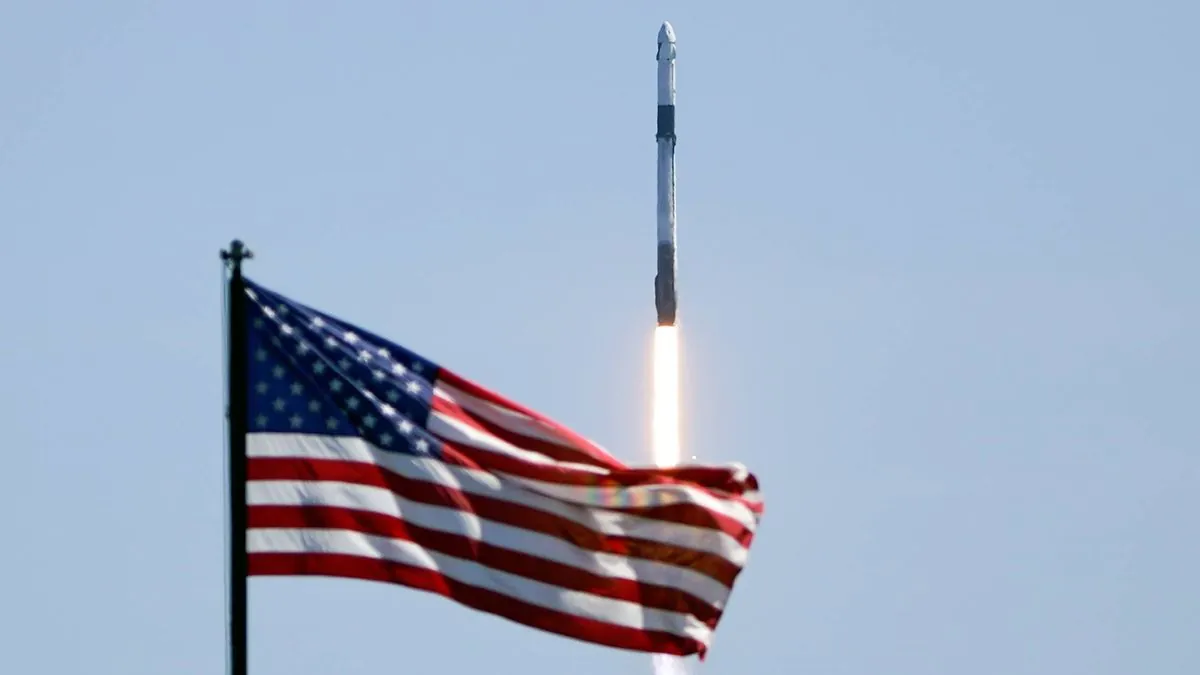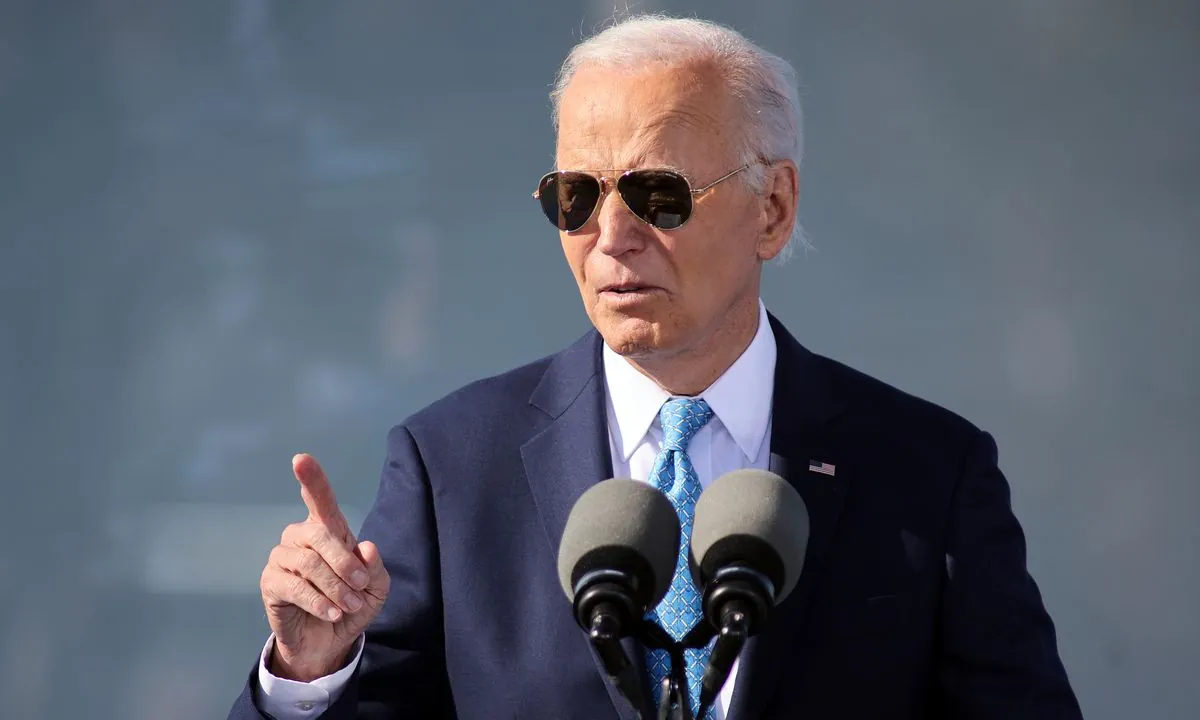Canada-US Space Launch Deal: A Step Towards Global Leadership
Canada and US conclude space launch agreement negotiations, allowing use of US technology in Canada. This move aims to position Canada as a leader in commercial space launches.

On August 2, 2024, Canada announced the conclusion of negotiations with the United States for a space launch agreement. This development marks a significant milestone in Canada's space ambitions, potentially positioning the nation as a frontrunner in commercial space launches.
The agreement, once finalized, will enable Canada to utilize US space launch technology, expertise, and data for launches conducted on Canadian soil. This collaboration builds upon Canada's rich history in space exploration, which began in 1962 when it became the third country to launch a satellite into orbit with Alouette 1.
Melanie Joly, Canada's Foreign Minister, expressed optimism about the agreement's potential impact:
"The conclusion of negotiations between Canada and the United States means that we are one step closer to finalizing this agreement, which, when in force, will position our country to be a global leader in commercial space launch."
This development aligns with Canada's ongoing commitment to space exploration and technology. Since the establishment of the Canadian Space Agency in 1989, the country has made significant contributions to international space efforts, including partnering in the International Space Station program and developing the renowned Canadarm for the Space Shuttle program.

Canada's space industry has been steadily growing, generating annual revenues exceeding $5 billion and employing over 10,000 people. The country has also been actively involved in Earth observation through its RADARSAT satellites and has signed the Artemis Accords for lunar exploration.
The next steps for the agreement include a final review of the negotiated text by both nations and obtaining necessary domestic authorizations for signing. This process will likely involve input from various stakeholders in Canada's space sector, including participants in the Canadian CubeSat Project and the Canadian Satellite Design Challenge.
As Canada moves forward with this agreement, it continues to build on its space legacy, which includes achievements such as Chris Hadfield becoming the first Canadian to walk in space in 2001. With an annual budget of approximately $300 million, the Canadian Space Agency is poised to leverage this new agreement to further enhance the country's position in the global space industry.
This US-Canada collaboration adds to Canada's existing bilateral space cooperation agreements with several countries, reinforcing its commitment to international partnerships in space exploration and technology development.


































